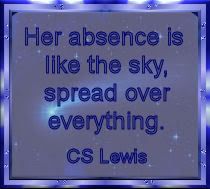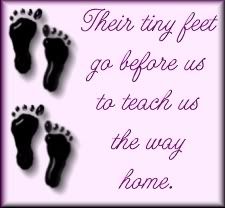
Hours before Supreme Court nominee Samuel Alito's confirmation hearings began Jan. 9, 2006 on Capitol Hill, Myra Myers sought a hearing of her own on the steps of the Supreme Court. She carried her message on a dark blue sign that read: "My abortion hurt me."
Mrs. Myers, now 61, was 28 and married when she learned she was pregnant with her sixth child in January 1973. Just weeks after the Supreme Court handed down its decision in Roe v. Wade, her husband persuaded her to have an abortion and later reassured her, "It was the only thing that could be done."
"I thought that because it was legal it might be OK," Mrs. Myers told WORLD. "And I believed the lie that the child I was carrying was not a baby." Both spouses now say it was the worst decision they ever made.
Mary Lou Greenburg doesn't want to hear it. Ms. Greenburg joined about a dozen counterprotesters at the court on the same day, protesting Mr. Alito's nomination. She told pro-life demonstrators: "It's not a baby till it comes out—that's what birthdays are all about."
The counterprotesters dubbed the first day of Mr. Alito's confirmation hearings "Bloody Monday." Two women wore white gowns with red stains across their stomachs, but they weren't the first to wave the bloody shirt. At a "Women for Alito" event hosted by Concerned Women for America Jan. 5, a small group of women, one wearing a shirt smeared with fake blood, brandished a coat hanger and chanted: "Bush and Alito will outlaw abortion and women will die! Bush and Alito will outlaw abortion and women will die!"
CWA chief counsel Jan LaRue, describing the outburst as "stunning," pointed out that pro-abortion women have opposed every Republican high court nominee since Lewis Powell, President Nixon's 1971 pick. "These folks are really, really desperate."
Desperate—and hunkering down in their foxhole of choice: the Supreme Court. Thirty-three years ago, in a ruling that pivoted on the vote of Justices Powell (ironically) and Blackmun, the court swept away protection for the unborn.
But as the death toll mounted—more than 40 million—so has public and legislative opposition. Today, at least 11 states significantly restrict abortion through parental consent, notification, and regulatory laws, while other states, such as New Hampshire in Ayotte v. Planned Parenthood, are litigating over similar statutes.
Ayotte, a 2005 high court case in which Planned Parenthood is trying to crush New Hampshire's parental notification law, underscores the divide between the feminist-led abortion lobby and mainstream Americans: In a November 2005 Gallup/CNN/USA Today poll, 69 percent of respondents said girls under 18 should have to tell their parents before getting an abortion. Meanwhile, between two-thirds and three-quarters of Americans favor limitations on the procedure, or support banning it altogether (according to 2005 polls by CBS News, CNN/USA Today, and The Polling Company/Woman Trend).
Now comes Samuel Alito, President Bush's second nominee and the first in 13 years to offer abortion foes real hope of an ideological shift on the court. While Chief Justice John Roberts replaced fellow conservative William Rehnquist, Mr. Alito, also a conservative, would replace swing-voting moderate Sandra Day O'Connor. Legal experts on the left and right say an Alito confirmation would likely move the court from a 6-3 majority in favor of Roe to a more tenuous 5-4 pro-Roe split (the Roe court itself voted 7-2).
With popular support in decline, the National Organization for Women (NOW), Planned Parenthood, and others are increasingly shrill. But for
conservative women's groups like the Susan B. Anthony List (SBA), the battleground shift is affirming their progress in shaping both public opinion and pro-life office-holders.
Pro-abortion women in Congress motivated SBA founder and board chairwoman Marjorie Dannenfelser. As a student at Duke University in the 1980s, she was a political conservative and a member of the College Republicans. But, she said, "I used to be pro-choice. For a relatively smart human being, I will say my sincere belief was that if I chose to have an abortion it was nobody's business but mine."
That belief got her named co-chair of the school's GOP group, she recalls, irony infusing her soft Southern accent: "I was chosen to be co-chair because I was pro-choice and the other chairman was pro-life. I balanced things out."
Gradually, though,
fellow students convinced her that abortion was both anti-liberty and anti-woman. "Some really smart people took a lot of time talking to me about it. At the same time, people with really strong faith were praying for me and I didn't even know that." At that time an Episcopalian, Ms. Dannenfelser said her view of God didn't affect her views on abortion until she converted to Roman Catholicism. "I don't think I would've been able to make such a dramatic change if it weren't for the deepening of my faith."
After graduation, she worked for the Heritage Foundation and the Congressional Pro-Life Caucus. Nearly every female member of Congress was pro-abortion. Ms. Dannenfelser seethed as they declared to pro-life men in House debates, "You have no right to speak [on abortion]. I represent women." Their presumption, Ms. Dannenfelser said, "was a daily source of consternation. I just couldn't abide it."
Every woman but two elected to Congress in 1992, dubbed "Year of the Woman," surfed into office on waves of cash from groups like Emily's List, a liberal organization dedicated to funding the election campaigns of pro-abortion women. That year, Ms. Dannenfelser and others formed SBA. In 1997, she teamed with Jane Abraham, wife of then-Sen. Spencer Abraham (R-Mich.), who helped expand SBA's mission into voter education and mobilization, and grassroots lobbying. The group spun off a political action committee, the SBA List Candidate Fund, with the goal of squaring off against Emily's List.
The results have been dramatic: In 2000, SBA List candidates won 17 of 24 races; in 2002, 22 of 32. In 2004, the SBA List helped propel into office seven new pro-life senators and 20 new pro-life members in the House. Overall, the SBA List candidates won 77 percent of their races, while only 39 percent of Emily's List candidates won election in 2004. This, though the pro-abortion group pumped $45 million into the race, while SBA spent a combined total of $6 million on campaign contributions, voter outreach, and mobilization.
That result highlights the error of well-funded campaigns that claim pro-life women are "out of touch with the mainstream." Kellyanne Conway, president of The Polling Company/Woman Trend, found just the opposite:
Only one in 10 Americans believes abortion should be legal at all times and for any reason. Among self-identified liberals, the number espousing that view rises slightly, to one in four.
Ms. Conway said
sonogram technology has done much to close the gap. "If you're going to tell most 25-year-olds that this moving image they see on the screen isn't a human being, they're going to laugh at you." For the same reason, the propaganda of the "back-alley abortion" is wearing thin. "Young women no longer believe that a woman in the U.S. who can see her baby on a sonogram and go to any corner Starbucks and get a latte 16,000 different ways would have to retreat to a back alley to get an abortion. They just don't believe that. It's not the way they see the world." Adding to the shift are the
testimonies of thousands of women who have experienced the negative abortion fallout firsthand. Groups like the Silent No More Awareness Campaign and Operation Outcry are publicizing what they experience after exercising their right to choose: infertility, severe depression, substance abuse, and relentless self-loathing.
Eighteen months after her abortion, Myra Myers felt "devastating grief and a crushing weight of guilt" over her abortion. At a Sunday evening church service, Mrs. Myers realized: "Oh, God. I murdered my child." She sought God's forgiveness and has since
sought to tell other women her story through
Operation Outcry.
Mrs. Myers on Jan. 9, 2006 was joined by nearly a dozen other women who had also aborted and lived to regret it. Some pushed empty strollers; others wore baby shoes like boutonnieres.
A 2005 study added academic weight to anecdotal claims. University of Oslo researchers compared the mental distress of women who had miscarried with those who had voluntarily aborted their pregnancies.
While women who miscarried suffered more initially, those who aborted carried lasting emotional scars. After five years, fewer than three in 100 women who had miscarried still experienced mental distress. But one in five post-abortive women still suffered mentally and emotionally and said they had to make an effort to avoid thinking about the event.
Early pioneers of women's rights instinctively understood this. "The woman is awfully guilty who commits [abortion]," said suffragist Susan B. Anthony. "It will burden her conscience in life, it will burden her soul in death."
According to
Feminists for Life, the early suffragists opposed abortion.
"When we consider that women are treated as property, it is degrading to women that we should treat our children as property to be disposed of as we see fit," wrote suffragist Elizabeth Cady Stanton in 1873.
"It's a simple thing when you look back," said SBA's Jane Abraham.
"Most of these feminists, who worked hard for the right to vote, also fought against slavery and the exploitation of children. Understanding that the unborn are the most vulnerable in our society, their feelings on abortion were a natural extension of that philosophy. They looked at abortion as anti-woman."
They might see it as even more so now.
Since 1973, more than 20 million American women have arrived not as infant girls who would grow to enjoy hard-won freedoms, but as medical waste. Today's pro-abortion feminists, though, seem willfully blind to that fact and to their own ties with foremothers who, as feminist pioneer Alice Paul said, saw abortion as "the ultimate exploitation of women."
Meanwhile, as pro-abortion activists have for the past 34 years, they're trying to brand Judge Samuel Alito as the ultimate exploiter of women. But the work of pro-life women, reflecting mainstream views, has helped to solidify a Republican Senate majority that makes an Alito confirmation likely.
"Ten years ago, it was just a pipe dream to think we would have any opening [on the high court] at all to be able to restrict abortion," Ms. Dannenfelser said. "We're clearly closer today."
—with reporting by Jamie Dean in Washington, D.C. World Magazine, January 21, 2006--(
bolding & highlighting mine/photo: Elizabeth Cady Stanton and Susan B Anthony)
 Well, I'm nearly done. I just have to put together a user-friendly shopping cart and upload a bunch of pix. I got the inspiration to do memory bracelets from the girls. I love Swarovski crystals and truth be told, I've made some really beautiful bracelets since the girls passed away. I credit Abigail for encouraging me not to sell myself short. She whispered to my heart that my bracelets are most definitely worthy of touching someone's heart--that a workman is worthy of her hire. So I've been running around putting everything together so that I'll do well in business and not leave my customers diesappointed in any way. My aim is to bring honor to my girls and comfort to a mother's heart--whether it's with a birthstone bracelet for her living children/grandchildren. Or for a loss mom enduring the sufferings of pregnancy & infant loss awareness. I've got some beautiful creative ideas for using pink & blue Swarovski cyrstals, cultured pearls and sterling spacers. I'll add sterling awareness ribbon charms to the lovely heart clasps. I'm eager to be a special part of someone's Christmas or even for the Pregnacy And Infant Loss month of October. I'm getting ready, so now I just have to get the word out. Info is on my site and special orders are always considered. May the Lord bless my efforts and add the increase...
Well, I'm nearly done. I just have to put together a user-friendly shopping cart and upload a bunch of pix. I got the inspiration to do memory bracelets from the girls. I love Swarovski crystals and truth be told, I've made some really beautiful bracelets since the girls passed away. I credit Abigail for encouraging me not to sell myself short. She whispered to my heart that my bracelets are most definitely worthy of touching someone's heart--that a workman is worthy of her hire. So I've been running around putting everything together so that I'll do well in business and not leave my customers diesappointed in any way. My aim is to bring honor to my girls and comfort to a mother's heart--whether it's with a birthstone bracelet for her living children/grandchildren. Or for a loss mom enduring the sufferings of pregnancy & infant loss awareness. I've got some beautiful creative ideas for using pink & blue Swarovski cyrstals, cultured pearls and sterling spacers. I'll add sterling awareness ribbon charms to the lovely heart clasps. I'm eager to be a special part of someone's Christmas or even for the Pregnacy And Infant Loss month of October. I'm getting ready, so now I just have to get the word out. Info is on my site and special orders are always considered. May the Lord bless my efforts and add the increase...









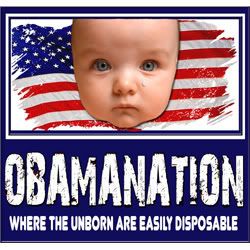

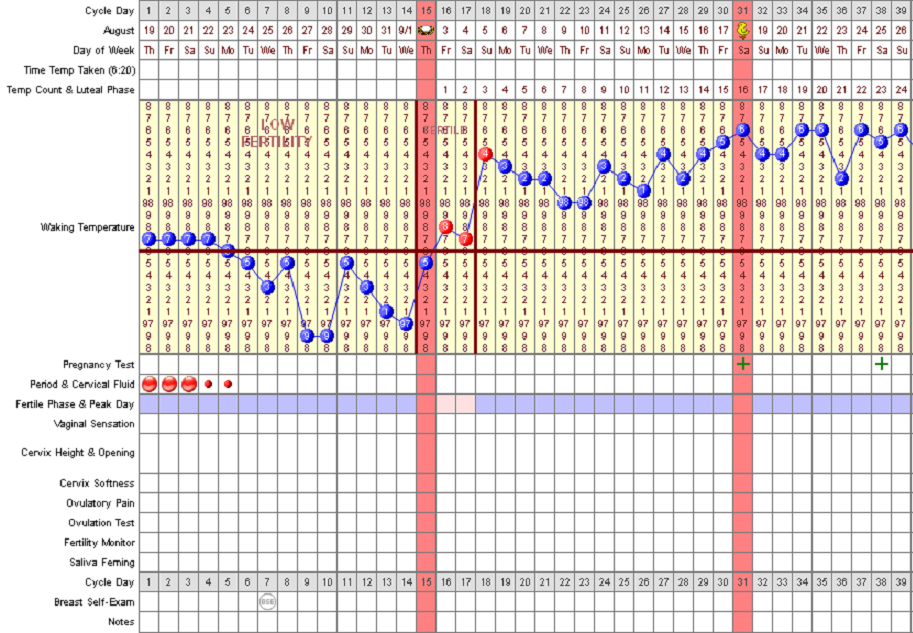



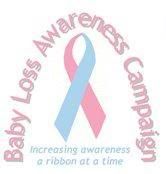


 Abigail's Website
Abigail's Website Anne's Website
Anne's Website Family Photos
Family Photos National Stillbirth Society
National Stillbirth Society Share: Infant Loss Support
Share: Infant Loss Support Pregnancy Loss & Infant Death Alliance
Pregnancy Loss & Infant Death Alliance Preganancy & Infant Loss Remembrance
Preganancy & Infant Loss Remembrance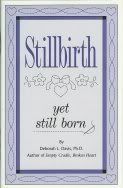 A Place to Remember
A Place to Remember Grief Watch
Grief Watch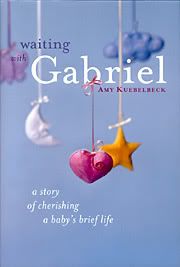 A Gift of Time
A Gift of Time Trisomy 18 Foundation
Trisomy 18 Foundation  Anne's Legacy Page
Anne's Legacy Page
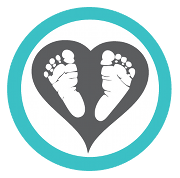
 Prenatal Partners for Life
Prenatal Partners for Life
 M.E.N.D. Mommies Enduring Neonatal Death
M.E.N.D. Mommies Enduring Neonatal Death
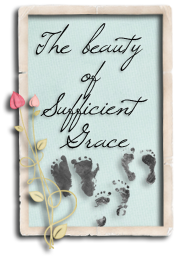

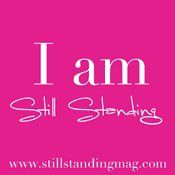



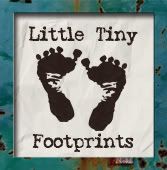





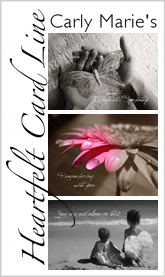



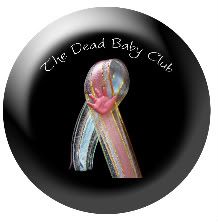
 My Facebook
My Facebook
















